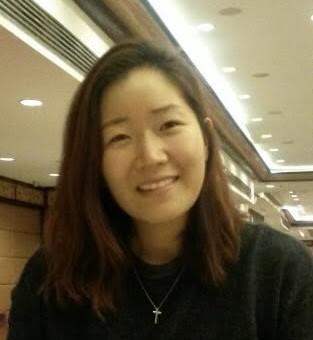A deep dive into the intersectionality of disability, culture, social norms, policy and more that impacts educational access for people with disabilities in a global context.
Terms Offered
Fall 2025
Course Details
How many children with disabilities are present in the world and how many of these youngsters have access to high-quality education or any education at all? You will explore how the intersection of culture, social norms and values and policy impact educational access for individuals with disabilities across the globe. We live in a globalized world and that opens up opportunities for us to learn from each other. This course will take you on a journey across the globe by examining historical roots and cultural practices to understand how instruction and educational services are provided for people with disabilities. Through this exploration, you will develop cultural awareness and understanding that can impact the lived experiences of people with disabilities. This course fulfills an elective course requirement for the Disabilities Studies Minor program.
Number of Credits: 3
How you will learn and work
This is a Global Classrooms Connections course.
Learning Outcomes
After successfully completing this course, you will be able to:
● Students will be able to define, identify, analyze, and articulate systems of global injustice and their interconnectedness to the United States as they relate to key areas, such as the environment, water, public health, education, food security, infrastructure, economic systems, cultural production, housing, and political representation.
● Students will identify marginalized and maligned voices from around the world and integrate their perspectives in the analysis of global injustice.
● Students will demonstrate meaningful skills through authentic, project-based global engagement that promotes global justice.
● Students will demonstrate familiarity and facility with fundamental terminology and concepts in a specific topical area in the humanities.
● Students will demonstrate critical thinking in the evaluation of sources and arguments in scholarly works in the humanities by conducting a case study.
● Students will explain how language use is related to ways of thinking, cultural heritage, and cultural values.
● Students will conduct research on a topic to understand the current issues with educational access in a given geographical context using a variety of sources and technologies.
● Students will demonstrate understanding of the basis of human diversity and socially driven constructions of difference using DisCrit and other theoretical perspectives.
● Students will articulate how systems of classification arise in relation to culture, social norms, language, and more.
● Students will demonstrate critical thinking by examining policies, social norms, and culture that propagate inequities and ableist ideas and practices.
● Students will interrogate, critique, or question traditional hierarchies or social categories by reviewing the literature on the current issue of educational access and presenting feasible solutions to combat it.
Cultural Connection
World-wide
General Education Credits
None.
School/College
College of Education
Prerequisites & Restrictions
None
Faculty Highlight

Faculty Highlight
Yewon Lee is an Associate Clinical Professor in the Department of Counseling, Higher Education, and Special Education at the University of Maryland at College Park. She is also co-directing the Disability Studies Minor program. Her scholarly endeavors find root in her experiences as a school teacher as she searched for ways to develop students' writing skills. Since then, she obtained her doctorate to study ways to help students become better writers in science classrooms. She also participated in multiple science intervention studies that were designed to promote writing in adolescent students who are identified with learning disabilities (LD) and/or who are English learners (EL). Her main area of research focuses on promoting causal and mechanistic thinking in science classrooms.
Since stepping into the role of co-directing the Disability Studies Minor program in 2021, her scholarly and professional interests expanded to educational rights across lifespan, advocacy, and raising awareness of disability issues. As the co-director of the minor program, she advised more than 80 students and continues to teach the gateway course for the minor program (CHSE205). She also developed two elective courses for the minor, EDSP311 and EDSP310. EDSP 311 is a peer mentor training course designed to support and learn from working with college students with developmental disabilities in the Terps EXCEED Program. She co-designed EDSP310 with Eden Rivera, M.A. This course engages students to explore how students with disabilities access education outside of the U.S. She continues to grow the program in efforts to educate and raise awareness of disability justice and equity through her work through the minor.
Tuition & Scholarship
Course costs should be calculated based on the university’s standard tuition and fees for undergraduate students and graduate students.
Students enrolled in winter and summer Global Classrooms courses may be eligible for the International Education Scholarship.
Cancellation and Refunds
Global Classrooms courses follow UMD's Schedule Adjustment policies.
Questions & Contact Info
For more course information contact Dr. Yewon Lee at ylee137@umd.edu
For general questions, please contact the Global Classrooms team at globalclassrooms@umd.edu.
